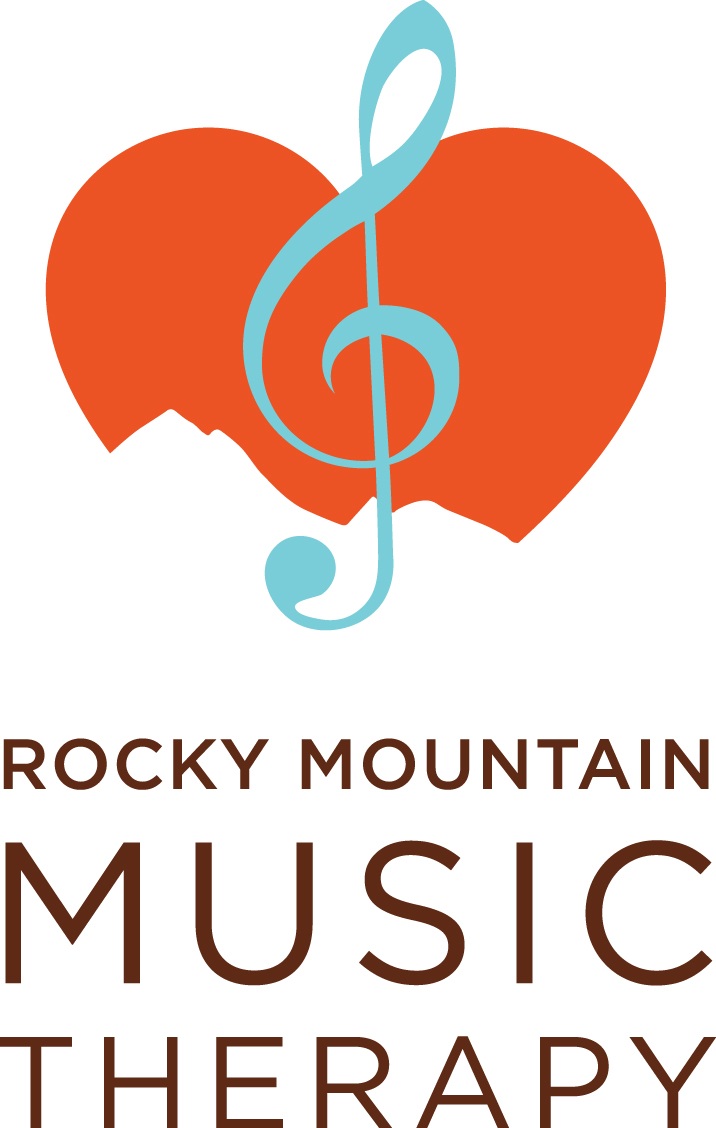For my inaugural post, I'd like to address a question we, as music therapists, are asked more than any other: what is music therapy? We face a climate of disbelief at times due to often preconceived notions so sometimes it makes sense to start with what music therapy is NOT.
1. Music therapy is NOT a "handy-wavy" profession.
Music therapy techniques and approaches are evidence-based practices which are regulated by the American Music Therapy Association and Certification Board for Music Therapists. Individual state task forces and organizations much like the Colorado Music Therapy Task Force and the Colorado Association for Music Therapy may also assist in state regulation. Some states also have recognition such as title protection or licensure.
2. Music therapy is NOT a replacement for other treatment modalities.
While music therapy is a promising adjunct therapy as shown in cost-benefit effectiveness studies, we do not endorse music therapy as a replacement for other treatment modalities. However, we also do not endorse other treatment modalities as a replacement for music therapy either. Music therapy's efficacy exists due to the unique nature of the profession -- it is humanizing, validating, and organizing all at the same time regardless of the goals addressed.
3. Music therapists are NOT volunteer musicians in hospitals or nursing homes.
It is common for music therapists to be lumped into the category of a glorified volunteer. Volunteer musicians provide wonderful complementary services but should be distinguished from music therapists for several reasons: Scope of Practice, education, and board certification. Therapeutic musicians are also neither volunteer musicians nor music therapists. Their Scope of Practice differs from music therapy primarily because they do not create the therapeutic experience through a relationship with the client, simply through music performance. Therapeutic musicians, however, have more training than a volunteer musician, but do not possess the same level of training as a music therapist who completes a bachelor's degree or higher in music therapy from an accredited university, 1200 clinical hours, and passing score on the Certification Board for Music Therapists granting the MT-BC credential.
With an understanding of what music therapy is not, we can begin the aforementioned discussion of: what is music therapy? This discussion will be continued in a following blog post, so stay tuned!

